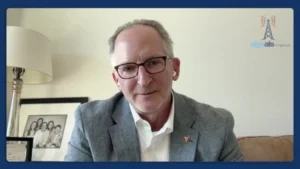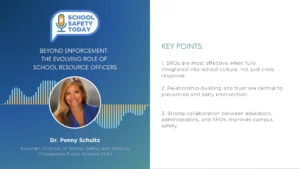The Disrupted Economics of Decarbonization
Getting to Net Zero soon requires global decarbonization efforts involving multiple requirements and economic and government commitments. Steps are underway to make Net Zero a reality through Carbon Capture & Storage and other technical innovations. Still, the overall topic of decarbonization is a loaded one, with the pitfalls of politics to navigate and how to make the economics work while creating a more sustainable future.
In the latest episode of DisruptED: Education and Upscaling Edition, host Ron J. Stefanski featured Dr. Peter Temes, founder and president of the ILO Institute. Dr. Temes has been a longtime collaborator with Stefanski and is renowned for his role in driving innovation in large organizations.
In this insightful episode, Stefanski and Temes focus on the complex topic of decarbonization. Dr. Temes’s work indicates that politics takes a backseat in the discourse on decarbonization. Instead, the emphasis is on the underlying business models and economic incentives motivating a shift toward sustainable practices.
For over 18 years, the ILO Institute has engaged with large organizations, fostering innovation across various sectors. Of late, there has been a noticeable uptick in interest regarding sustainability and decarbonization, not just from entities within the energy sector but from diverse organizations. This interest has led the ILO Institute to undertake extensive research projects on these themes, offering them a unique perspective on the economic and societal disruptions arising due to climate change.
Dr. Temes’s research unveils that decarbonization is not solely about curbing carbon emissions. It also involves how organizations acclimate to new technologies and how these technologies transform the organizations themselves. For instance, the advent of electric vehicles, such as the all-electric Ford F-150, is causing significant disruption in the auto industry, mitigating pollution, and presenting new business prospects.
One of the surprising insights from Dr. Temes’s work is the potential emergence of ‘gridless cities.’ With advancements in battery technology, it’s plausible that cities could transition from reliance on power grids towards localized energy storage and production. The new Ford F-150, for example, can store enough energy to power an average American household for three days. As this technology evolves, it’s conceivable that vehicles could potentially power homes for weeks.
Dr. Temes also highlights that there is currently an enormous influx of capital into low-carbon and no-carbon infrastructure. Large corporations and utilities are investing billions into infrastructure that mitigates carbon emissions. This trend is not merely a gesture towards ‘green’ practices – it’s motivated by economic incentives and regulatory pressures.
However, perhaps the most impactful revelation from Dr. Temes’s research is that decarbonization is an environmental imperative and a lucrative business opportunity. The shift towards a low-carbon economy is paving the way for a surge of new business opportunities, comparable to the rise of the commercial internet. Organizations that recognize and adapt to this change could reap substantial benefits.








